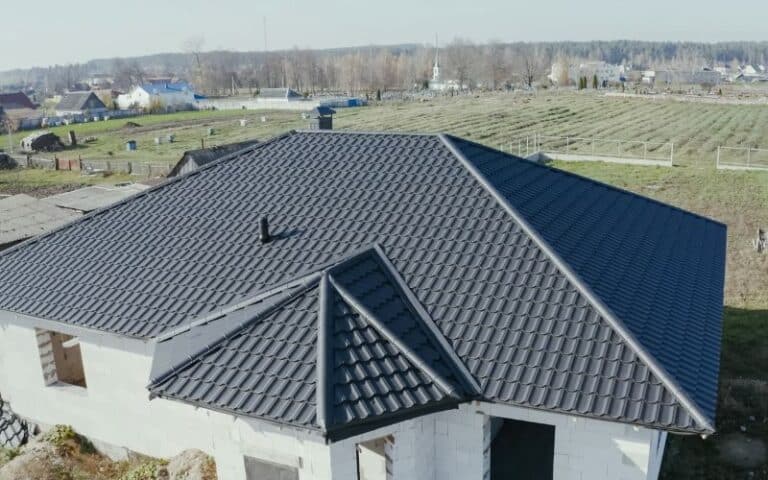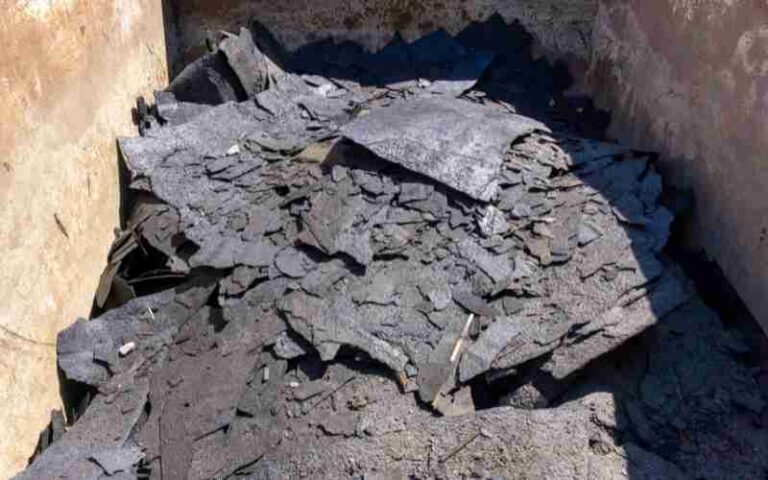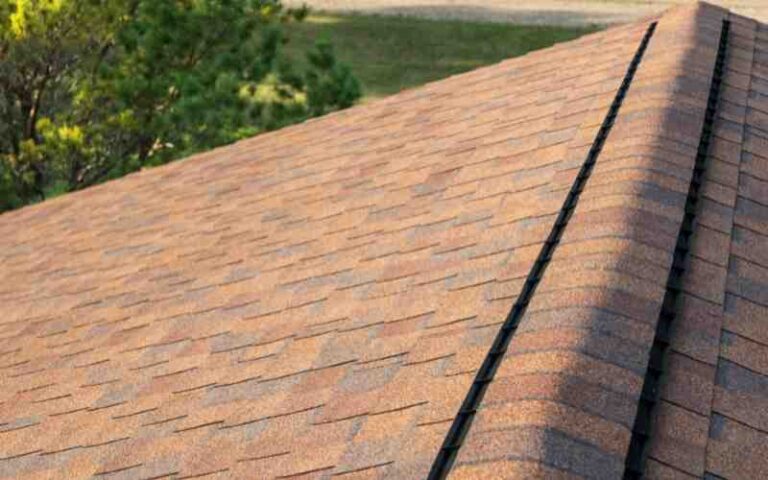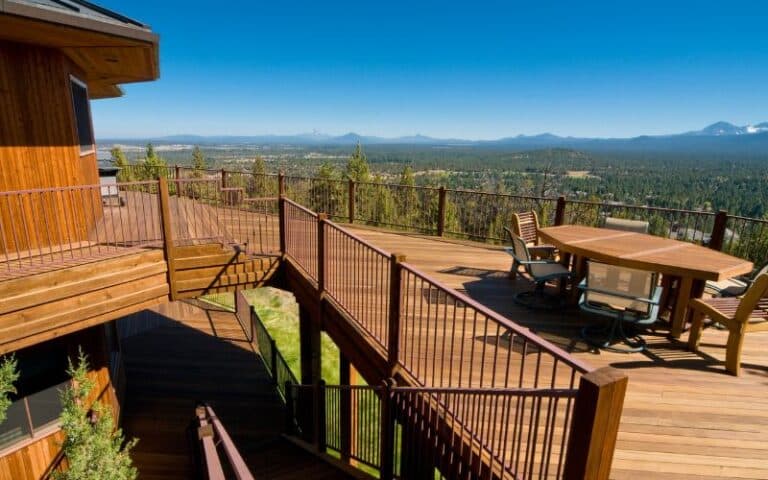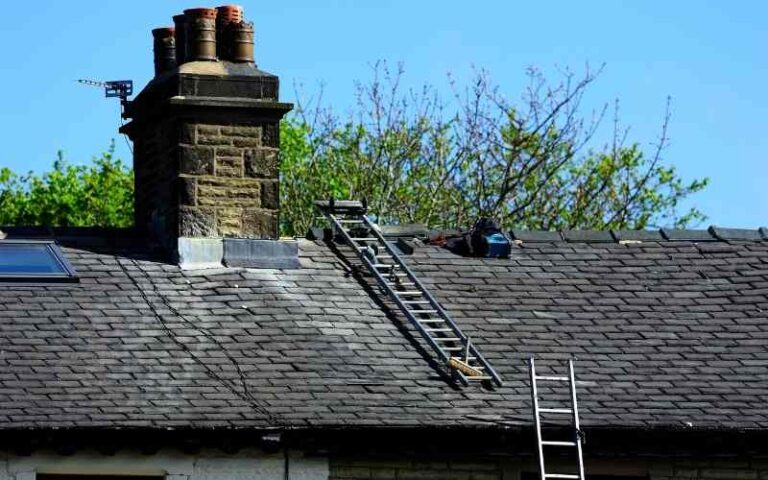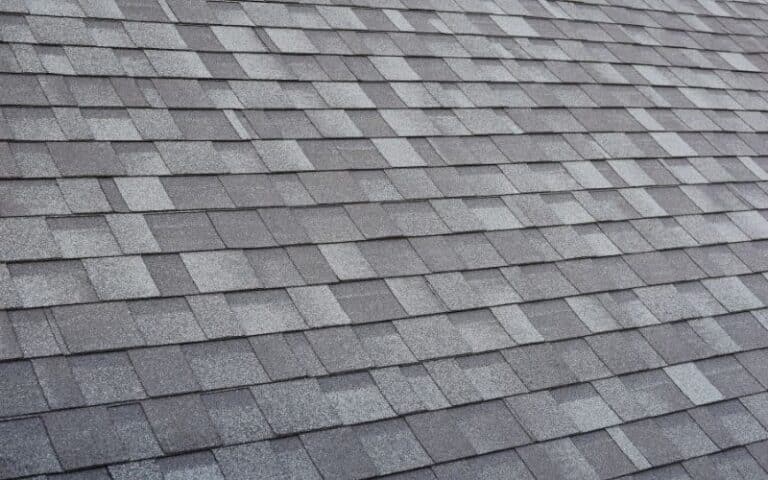Zinc roofing is rust-resistant and flexible enough to meet your needs for residential metal roofs. In addition, it’s durable and will enhance your home’s look. We have various metal roofing types.
However, some metal roofs rust more quickly than others. So, in which of these categories is zinc roofing?
Zinc rusts very slowly. It could take years, but before the patina, it protects zinc from corrosion. As a protective coating, Zinc has become a protective coating for residential metal roofing and commercial uses. So, moisture attacks the patina during decline while the metals remain intact.
Ready for a Roofing Quiz?
Does Zinc Roofing Rust Easily?
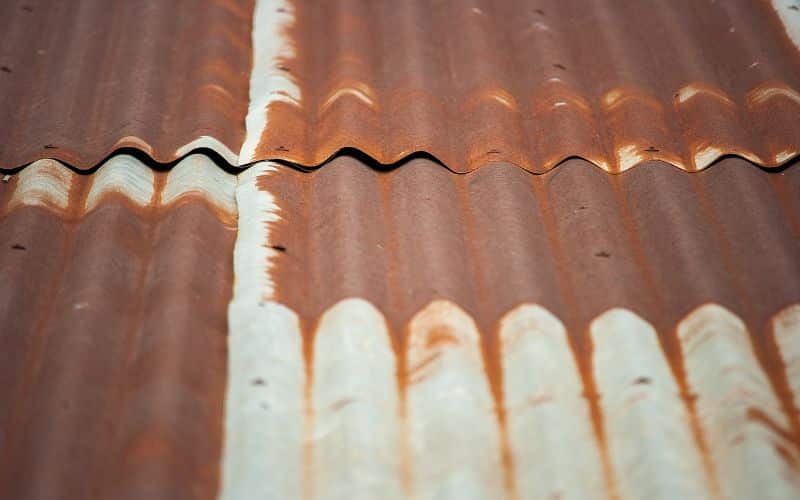
The zinc roofing doesn’t contain iron, so it doesn’t rust easily. The rate at which zinc rusts is 100 times slower than some other metals do.
Zinc roofings protect themselves from rusting by carrying out patination. A gradual oxidation (addition of oxygen) process forms the protective patina.
When Zinc comes in contact with moisture, Zinc forms an oxide and hydroxide of itself. Then, later those two products (Zinc oxide and Zinc hydroxide) react with carbon dioxide in the atmosphere to produce Zinc carbonate.
The Zinc Carbonate gradually becomes a layer that Resists Rusting. As the roof ages, the Zinc Carbonate decomposes, and the same process starts again.
However, if zinc comes in contact with some very corrosive acids, salts, bases, or gases with some sulfur composition, it would cause corrosion.
Note: Corrosion and Rusting are different, although they deal with metal destruction. Rusting relates closely to metals with iron only, while corrosion occurs in all metal roofing materials.
What Are the Disadvantages of Zinc Roofs?
Like every metal roofing sheet, zinc roof has pros and cons. Zinc roof’s cons include its corrosion resistivity, low maintenance cost, long life span, and eco-friendliness.
But, on the contrary, the flaws of this metal roofing type might start emerging due to its nature.
#1. High Cost
Zinc is a costly metal, so its product–roofing sheet can’t be otherwise. And, unfortunately, there’s no remedy to this.
Although the high price often chases many people from it, those who identify its worth don’t see the price as something absurd.
For example, the zinc roofings are worth their high price. Also, the only roofing material that costs more than zinc is copper.
#2. Poor Installation of the Zinc Roofs
Poor installation will result in quick damage to the zinc roofs. For instance, Rusting will begin if water or moisture comes in contact with the rear side of the tops continually.
Also, during installation, water will fill the space between the roof and its deck if you fail to put a breathable synthetic underlayment. Hence, the top could start leaking.
I advise you to hire a professional with a wealth of experience to do the installation. It will reduce the possibility of making costly mistakes during installation.
#3. The Patina Variation
Patination is an oxidation process that occurs in zinc. It is responsible for the self-healing effect of zinc roofing. However, many people fell in love with zinc roofs because of the patina.
Unfortunately, nobody can accurately predict what the Patina will eventually look like and the color. Some zinc with black changes to blue due to the patina.
But, the zinc patination can be slow and take up to thirty years, while sometimes, it can take barely two years before the Patina surfaces.
How Long Does the Zinc Roofing Last?
Zinc roofing has a long life span of about 80 to 100 years. Insects can infest it, it’s fire-resistant, and it repels microbes that might want to feed on it and use it as a breeding site. It also has high durability.
A protective covering for Zinc, the patina prevents rust and the destructive effect of harsh weather. The Patina oxidation process renews the roofing as the roof gets old.
In addition, it changes the color of the zinc roofing as time goes on, thereby retaining the roof’s beauty.
You can cause a scratch mark on all metal roofing types. For example, when you scratch steel, that mark can become the beginning of the corrosion.
The reason is that the scratch will remove, thereby exposing the metal to the atmosphere. But when you scratch zinc, another layer emerges- self-healing.
The self-healing feature results from zinc oxidation when it comes in contact with oxygen. This oxidation process keeps going on, minimizes decay, and extends the lifespan of zinc roofing.
Lastly, installing the zinc roof helps make the roofs last longer—incorrect installation damages the roof.
Does Zinc Roofing Prevent Rust?
Yes, zinc roofing prevents rust. Zinc is a protective coating for many metal roofing materials that rust when they come in contact with moisture.
For instance, when the atmosphere is humid, the water in the atmosphere will react with the roof. But instead, it reacts with the zinc.
Since zinc corrodes very slowly, unlike many metals, corrosion of the metal roof tends to take longer. But after many years of usage, the roof will call for painting and galvanizing.
The zinc coatings would have become weak. Hence, the roof becomes susceptible to rusting while moisture will come in contact with the metal directly.
So, to renew the rust-resistivity ability of the roofing, call for the service of a metal roofing contractor for inspection and consultation on what protective coating type to get.
To prevent rust, always opt for well-galvanized metal roofing materials or paint your roof with zinc oxide.
Galvanizing
Since Zinc can resist rust formation, many Metallurgists suggest it would be a good protector against rust. So, they invented the idea of coating rust-prone metals with zinc.
In short, galvanizing is the scientific process of using Zinc as a protective covering against rust.
The most common galvanizing method is hot-dip galvanizing. In this method, you coat the steel by dipping it in sections into the hot molten zinc, which becomes solid after cooling.
The molten zinc is the result of smelting zinc.
Some metal roofs that aren’t prone to rusting have zinc covering surrounding them. The zinc forms a patina layer that prevents rusting.
Final Thoughts
Zinc roofing panels don’t rust easily, and They have a chemical attribute that protects the zinc from the destructive effect of air and moisture.
It forms a patina film that prevents moisture and air from reacting with the zinc. One importance of the patina is that water can’t dissolve it.
Conclusively, Zinc coats metal roofing materials because it’s protective against rust.

